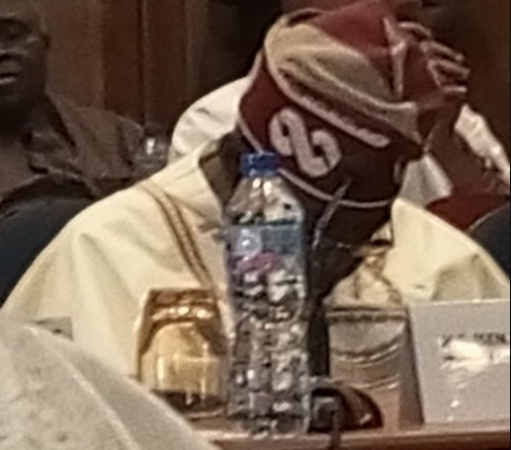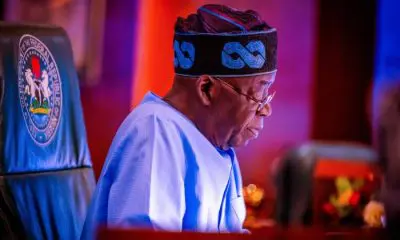The Decline in International Reserves Prompts Concerns Amidst Challenging Reforms.
Nigeria Faces Persistent Forex Scarcity as External Reserves Hit Lowest Level in Two Years
Data from the Central Bank of Nigeria (CBN) has revealed that the country’s foreign exchange (Forex) scarcity is set to continue, as the external reserves fell to the lowest point since August 2021.
According to the CBN’s report, Nigeria’s foreign reserves dropped to $33.9 billion on July 19, below the $35.14 billion recorded on May 26, a mere three days before former President Muhammadu Buhari’s term ended.
Under President Bola Tinubu’s leadership, the international reserves have been dwindling, experiencing a notable decline of 3.32 per cent since he assumed office after Buhari. Notably, since the external reserves reached $34.01 billion on August 31, 2021, it has managed to hover above that figure until recently when it slumped to $33.99 billion and $33.98 billion on Tuesday and Wednesday, respectively.
This decline in foreign reserves indicates ongoing challenges in managing the nation’s Forex resources, leaving the Nigerian economy facing prolonged scarcity.
Is Tinubu’s foreign exchange reforms failing?
Tinubu’s Foreign Exchange Reforms Struggle to Achieve Intended Goals, doing the Opposite.
Nigeria’s external reserves have been on a downward trajectory, following President Bola Tinubu’s foreign exchange reform aimed at bolstering the Naira against the Dollar.
Tinubu took significant measures, including the suspension of CBN Governor Godwin Emefiele, to facilitate a comprehensive review of the former apex bank chief’s forex policies.
Some of Tinubu’s reforms included the devaluation of the Naira and unification of multiple foreign exchange rates, resulting in the consolidation of all official rates into the Investors’ and Exporters’ window.
- Black market Naira to dollar, Pound and Euro exchange rate today, July 22, 2023
- CBN Official Naira to Dollar exchange rate today July 22 2023
Moreover, Tinubu ended the RT200 rebate program for non-oil proceeds, while the CBN retained the restriction on 43 items from accessing forex.
Despite the World Bank and IMF advocating for such reforms to stimulate Nigeria’s economy, critics question their effectiveness in the short term. For instance, the Lagos Chamber of Commerce and Industry (LCCI) advised lifting the forex restriction on the 43 items, as it inadvertently pushes traders involved in these businesses to the black market, adversely affecting the proceeds through the Investors’ and Exporters’ window.
Amid these reforms, the country’s foreign reserves have seen a significant decline of $1.16 billion within a mere two months.
Additionally, the exchange rate between the Naira and the Dollar has surged to N768/$1 as of Thursday, compared to N471.67/$1 reported just a day before the devaluation of the Nigerian currency on June 14, 2023.
In the short term, Tinubu’s reforms seem to be doing the opposite from their intended objectives, raising concerns about their immediate impact on the economy. Nonetheless, stakeholders and experts are closely monitoring the situation as Nigeria grapples with these challenging reforms.










